Alabama Produce Just Tastes Better
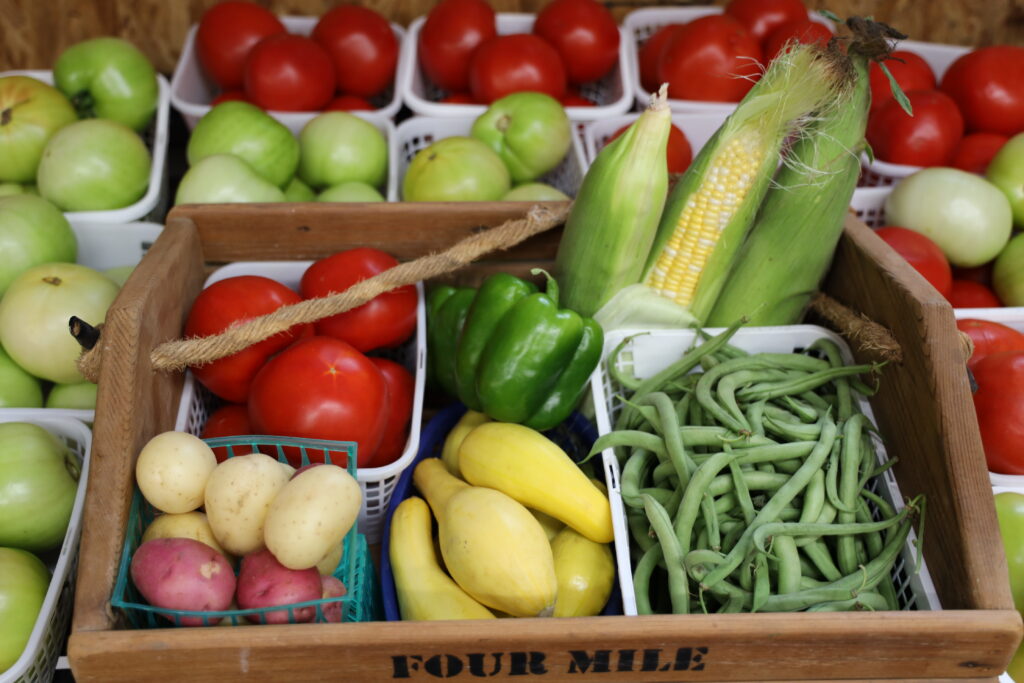
By Maggie Edwards
From the juiciest tomatoes and sweetest strawberries to the ripest peaches and freshest lettuce, fruit and vegetable farmers feed Alabama one bite at a time.
“There is no better way of life than being a farmer,” said Pete Baker, owner of Four Mile Farms Produce in Talladega County. “We know we are actually feeding somebody, and they are enjoying our product.”
Farmers like Baker and Ralf Du Toit of Extreme Green Farms in Lee County said they strive to give consumers their absolute best — the best product, best service and best quality.
“It is very satisfying to see a customer happy with a product they bought from your operation,” said Du Toit, whose farm focuses on hydroponic lettuce, tomatoes and cucumbers. “People love local.”
Baker and Du Toit are members of the Alabama Fruit & Vegetable Growers Association (AFVGA), a partner organization of the Alabama Farmers Federation. Through the years, these AFVGA members have gleaned tips for consumers — and farmers looking to diversify into specialty crops.
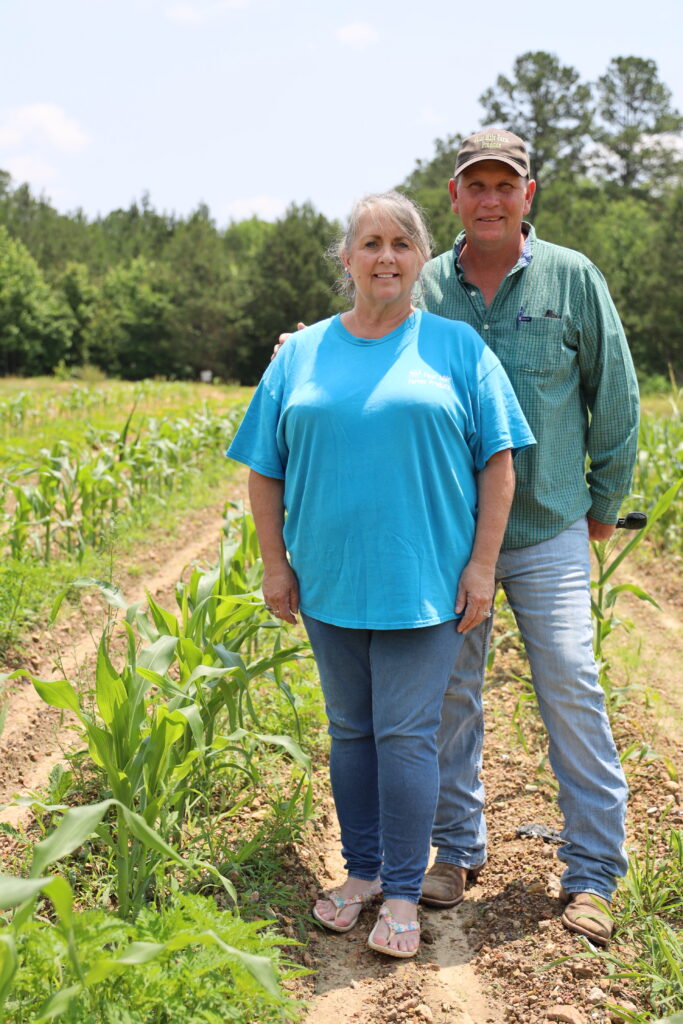
Top Tips for Consumers
- It’s Farm to Table
Baker said their produce comes off the farm, to the store and directly to the plate of consumers quickly.
“Seventy-five percent of our stuff will be picked daily,” said Baker, who farms a diverse array of fruits and vegetables. “I assume my customers are eating the products we pick within two days, or they are canning it.”
Consumers often walk into the farm stores at Four Mile Farms Produce and Extreme Green Farms and leave with baskets of produce that have just come off the plant or from the greenhouse beds.
“When we harvest our lettuce, we try to sell it that same day or the next day,” said Du Toit. “To distinguish yourself as a grower, you must sell a premier and fresh product.”
Baker and Du Toit agree giving consumers food as soon as the product is picked showcases the fresh taste.
2. Your Farmer is Your Neighbor
Buying local guarantees consumers know where their food is coming from, said AFVGA Executive Director Blake Thaxton. Purchasing from a producer gives the public the opportunity to meet their farmer, ask questions, learn how to better prepare produce and establish a relationship with the individual who puts food on the table.
“The freshness of our products and the trust and relationships customers have with us as farmers keeps them coming back to support and buy local,” Baker said.
At Extreme Green Farms, Du Toit emphasizes the relationship aspect of his business.
“Relationships are key,” he said. “Extreme Green Farms has a relationship with the owner of one of Auburn’s finest dining locations. You must connect with people who want local. Every customer walks out of my door thanking us for the opportunity to buy farm-fresh food.”
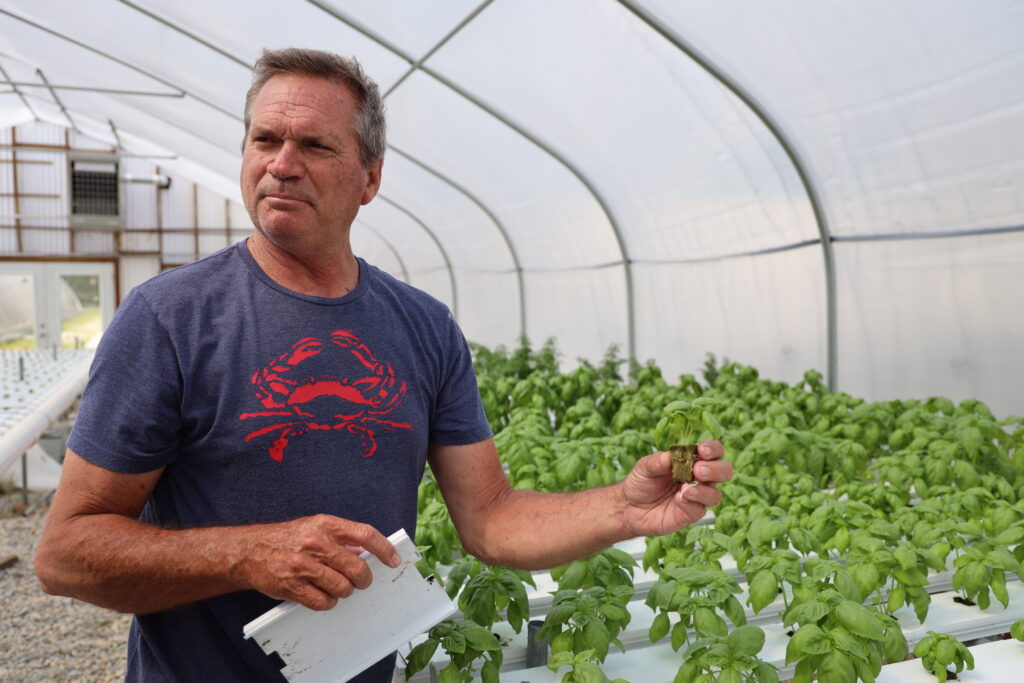
3. Quality Can’t Be Beat
Quality and freshness are key for produce farmers, said Du Toit.
“A fresh, local product is hard to beat,” he said. “There are a lot of restaurants that want to buy local from us. They have people in their kitchen who want to get their hands on fresh produce to cook.”
Some products have the potential of maximum freshness for weeks at a time, Du Toit said.
“I have seen my lettuce stay fresh for three weeks, and that is due to post-harvest handling,” Du Toit said. “We harvest in the greenhouses, leave the roots on and immediately sell it. It is a living plant.”
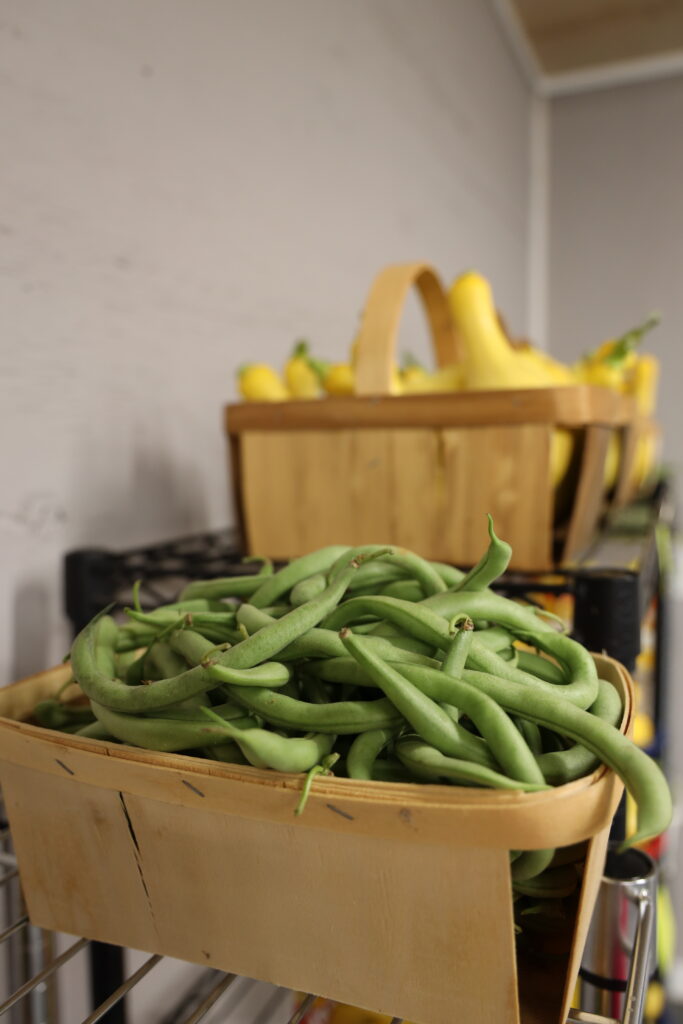
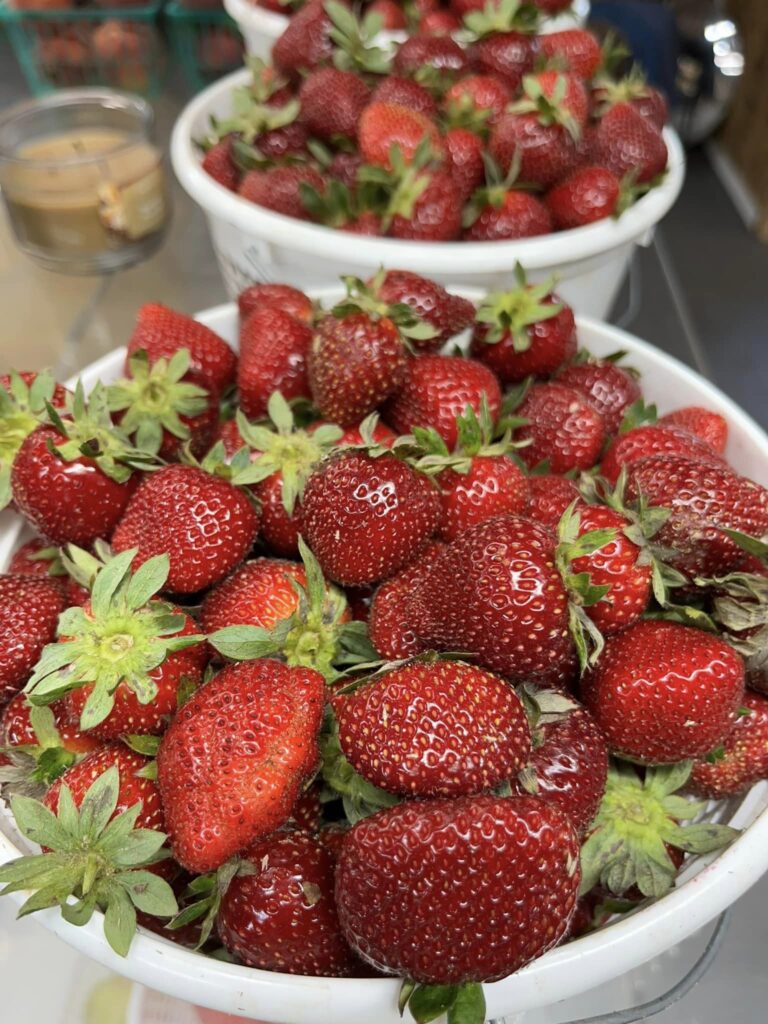
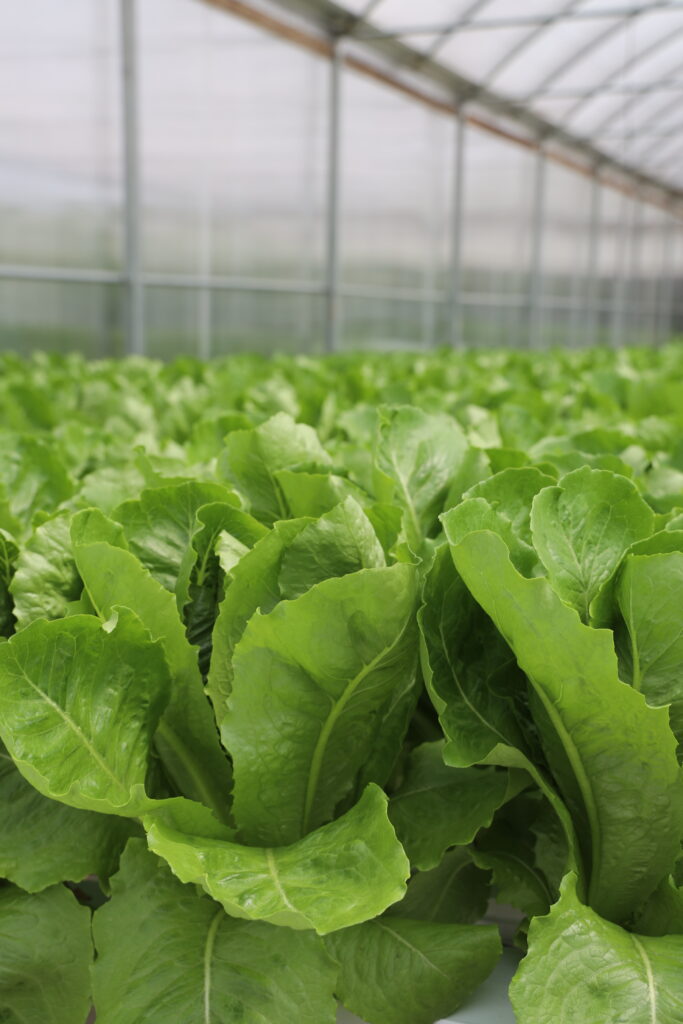
Potential Producer Advice
- High Investment
Thaxton said his organization tries to help maximize farmers’ investments — which can be steep — during educational sessions at the AFVGA Annual Conference, held each February.
“Specialty crop farmers have a unique opportunity to grow thousands of plants on small acreage,” Thaxton said. “In those small acres, the investment is high with irrigation, crop protection, ag labor and natural disasters on the line.”
Baker noted the time difference in raising specialty crops.
“Our industry is slightly different than row crops,” Baker said. “We have about five months to grow and make our living, and it is all farmed on about 22 acres.”
Du Toit stressed the idea of starting small and growing into a bigger operation.
“This is accessible,” Du Toit said. “People think you must have hundreds of acres to get into agriculture, but you do not.”
2. High Reward
With a high investment comes a high reward, said Baker.
“Everything we grow is consumed by people,” said Baker, who noted customers are often willing to pay a premium for Alabama-grown goods. “We have to plant in succession to make it through the months that we can actually farm.”
In addition to financial rewards, it’s fulfilling to see customers and families visit their farm, Baker said.
3. Marketing Matters
Marketing products is one of the most important components of specialty crop farming, said Baker and Du Toit.
While Baker’s methods include welcoming people to the farm and working farmers markets, Du Toit sells directly to restaurants and participates in the Farm-to-School program, food-purchase agreements and a local farmers market.
“We, as farmers, care about what we produce,” Du Toit said. “Our goal is for our customers to be happy and satisfied.”
For locally grown products, visit SweetGrownAlabama.org.
